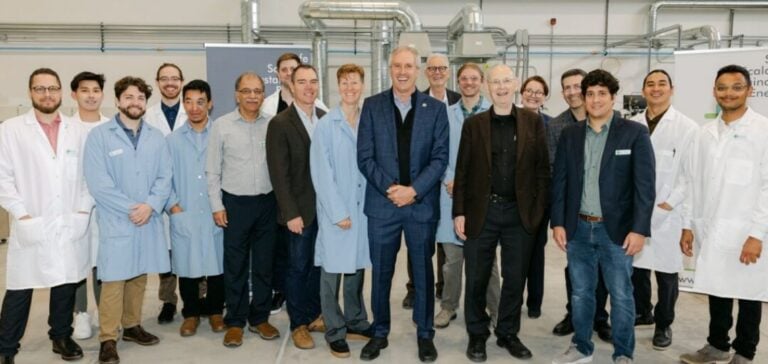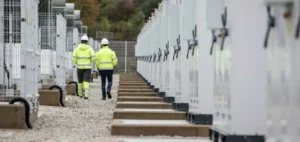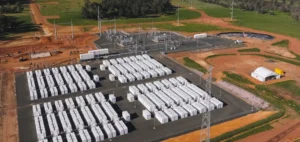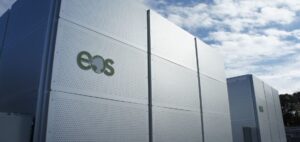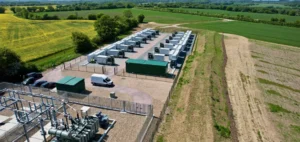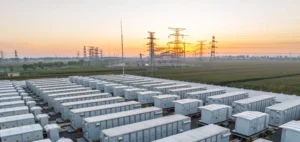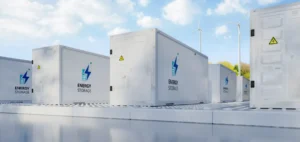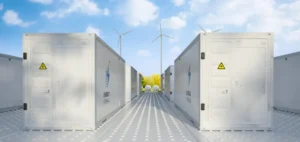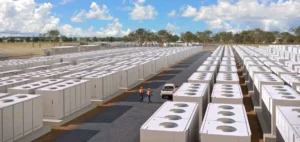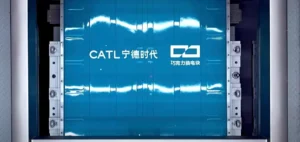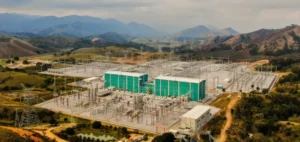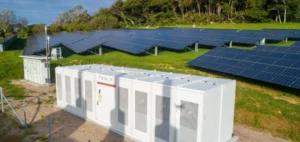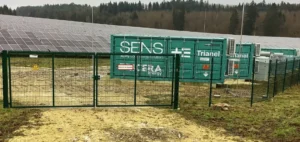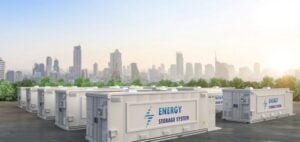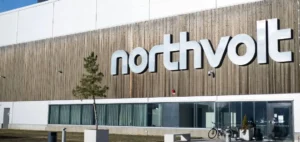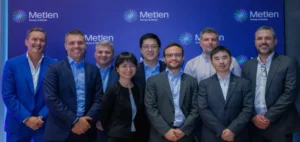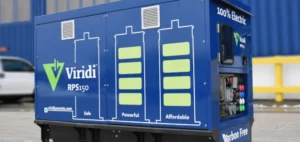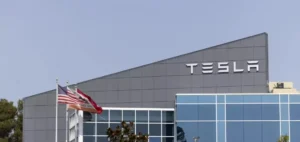The company Enzinc, based in Richmond, California, recently announced the completion of an 8 million dollar fundraising. This Series A financing round was led by the investment fund TO VC, with the participation of American Century Investments (ACI). This funding takes place during a period marked by strong demand for alternative solutions to lithium-ion batteries, which are considered strategic for the future of energy.
Investments focused on the energy transition
The rise of renewable energy has revealed limitations in current energy storage capacities, particularly those linked to traditional batteries. TO VC’s initiative, focused on solutions deemed critical to achieving net-zero goals, reflects a strategy to support technologies perceived as disruptive. This approach aligns with the United States’ priorities to maintain industrial leadership in the field of advanced batteries.
A direct impact on the industry
According to industry stakeholders, the conversion of existing infrastructure could accelerate the deployment of advanced batteries while reducing the necessary investments. Currently, global lead-acid battery production capacities, estimated at 400 GWh, represent an opportunity for adaptation. This model proposes an intermediate solution to meet demand without resorting to the expensive construction of new factories.
Perspectives for international markets
Financial commitment to solutions like Enzinc’s illustrates a growing trend in investments aimed at sustainability. These funds, particularly from private sources, play a crucial role in bridging the infrastructure gap while strengthening strategic positions in a globalized market. These initiatives also raise questions about optimizing public-private partnerships in an environment where regulatory expectations are rapidly evolving.

